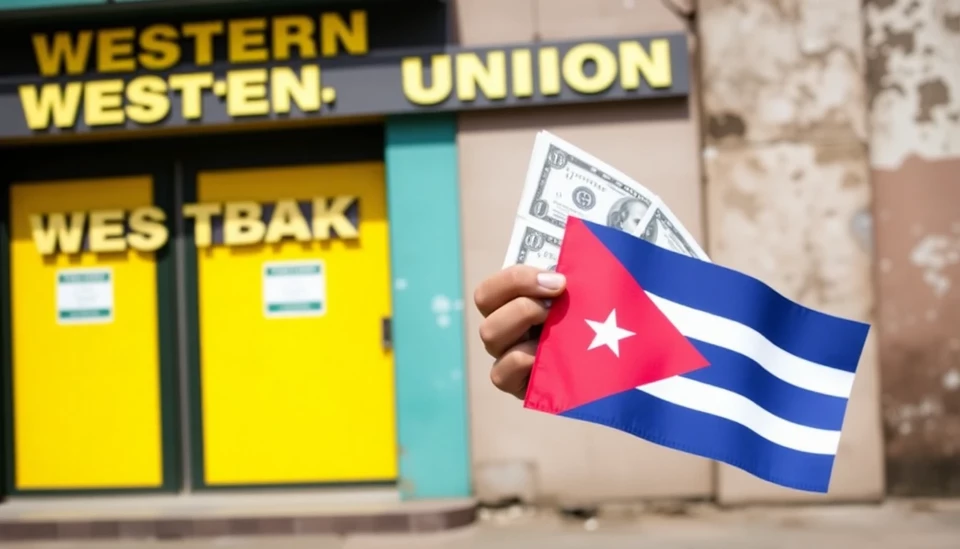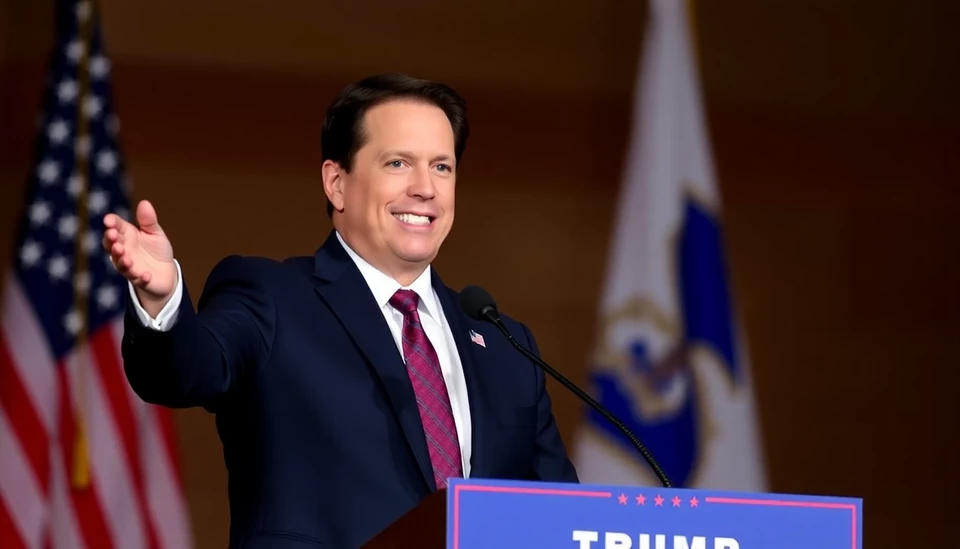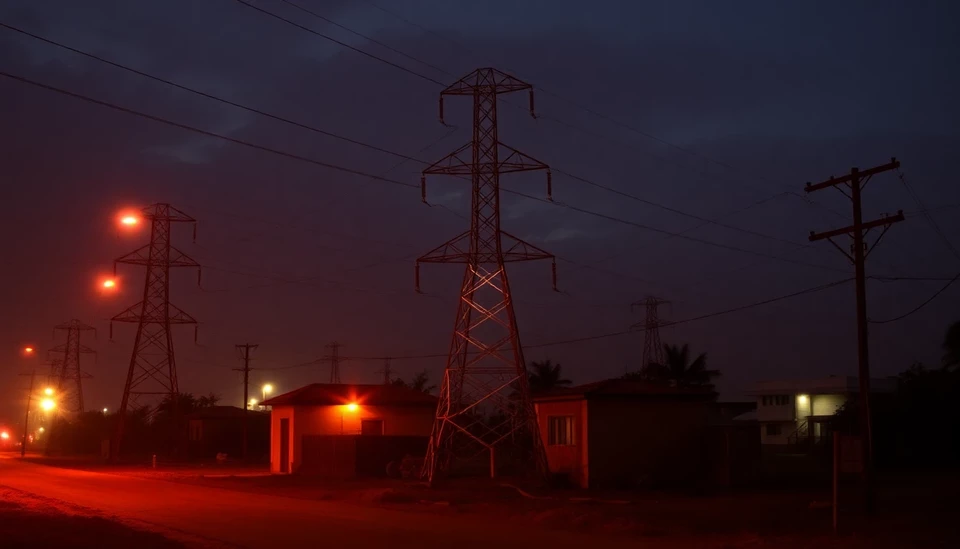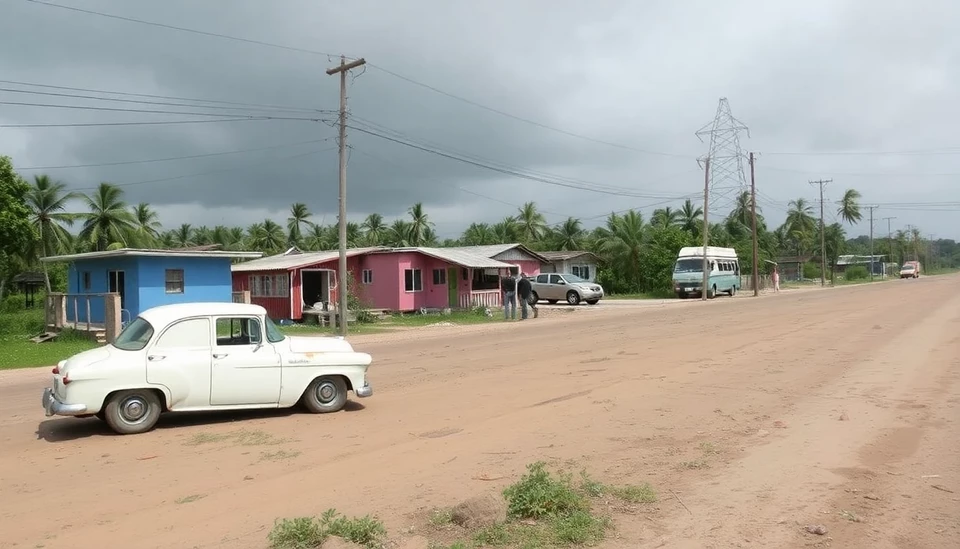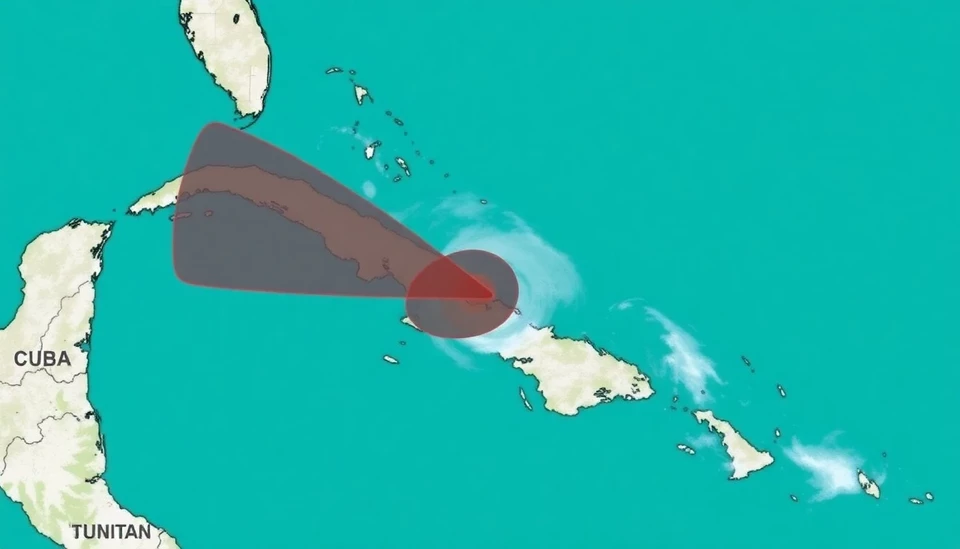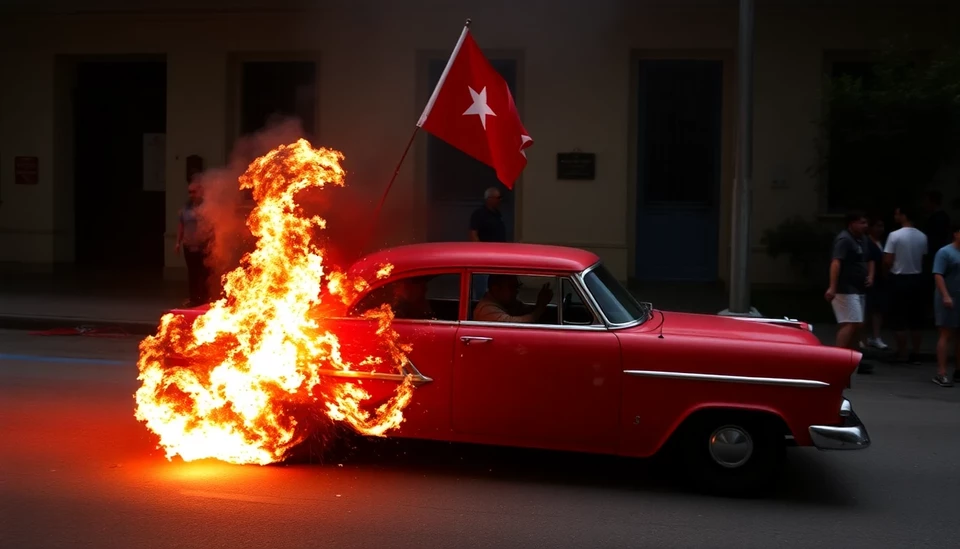
Cuba is facing heightened tensions as authorities issue warnings against public demonstrations, triggered by the ongoing struggle to restore power following severe blackouts that have plagued the nation. The government's stern admonitions come as citizens express their frustrations over the long-lasting electricity shortages that have disrupted daily life across the island.
In recent weeks, Cuba has been grappling with significant power outages, exacerbated by a combination of aging infrastructure, limited international support, and the lingering effects of the U.S. embargo. As a nation that heavily relies on its power grid, these electricity shortages have resulted in widespread discontent among the populace, prompting calls for reform and accountability from the government.
State officials have taken a proactive stance, warning that any gatherings or protests could be met with severe repercussions. This deterrent approach reflects the government's attempts to maintain peace and control in a climate where tensions have reached a boiling point. History shows that protests can quickly escalate, particularly in a political landscape where dissent is often met with harsh measures.
The Cuban government has announced efforts to restore power, with officials citing ongoing repairs to critical infrastructure as a priority. However, these assurances have done little to quell the unrest, as many citizens remain skeptical about the timeline for resolution. Social media platforms have become a breeding ground for discussions surrounding the crisis, with citizens organizing potential protests despite the risks involved.
Moreover, economic hardships resulting from the aforementioned power outages compound the frustrations of the Cuban people. Many local businesses rely on consistent electricity, and the inconsistent power supply has meant lost revenue and the inability to operate effectively. As a result, the dissatisfaction with the government is palpable, with citizens questioning the leadership's capability to resolve the crisis.
The international community has been watching closely, as the situation in Cuba continues to unfold. Diplomatic relations have been strained, and many foreign governments are concerned about the potential for civil unrest that could lead to wider conflicts. Observers stress the need for dialogue between the Cuban government and its citizens to foster understanding and facilitate meaningful reforms.
As Cuba enters a critical period, all eyes will be on the island to determine whether the government's warnings will quell dissent or if the people's frustrations will ignite a wave of protests that can no longer be ignored. The tension between the authority of the state and the rights of its citizens stands at a precarious juncture, possibly setting the stage for significant change in the near future.
In conclusion, Cuba's current power crisis is not just about electricity but rather a complex backdrop of discontentment fueled by economic struggles, governmental challenges, and a yearning for reform. With protests looming on the horizon, both the government and the citizens must navigate this volatile situation delicately.
#Cuba #Protests #PowerCrisis #Electricity #CivilUnrest #GovernmentResponse #CubanPolitics
Author: Samuel Brooks
